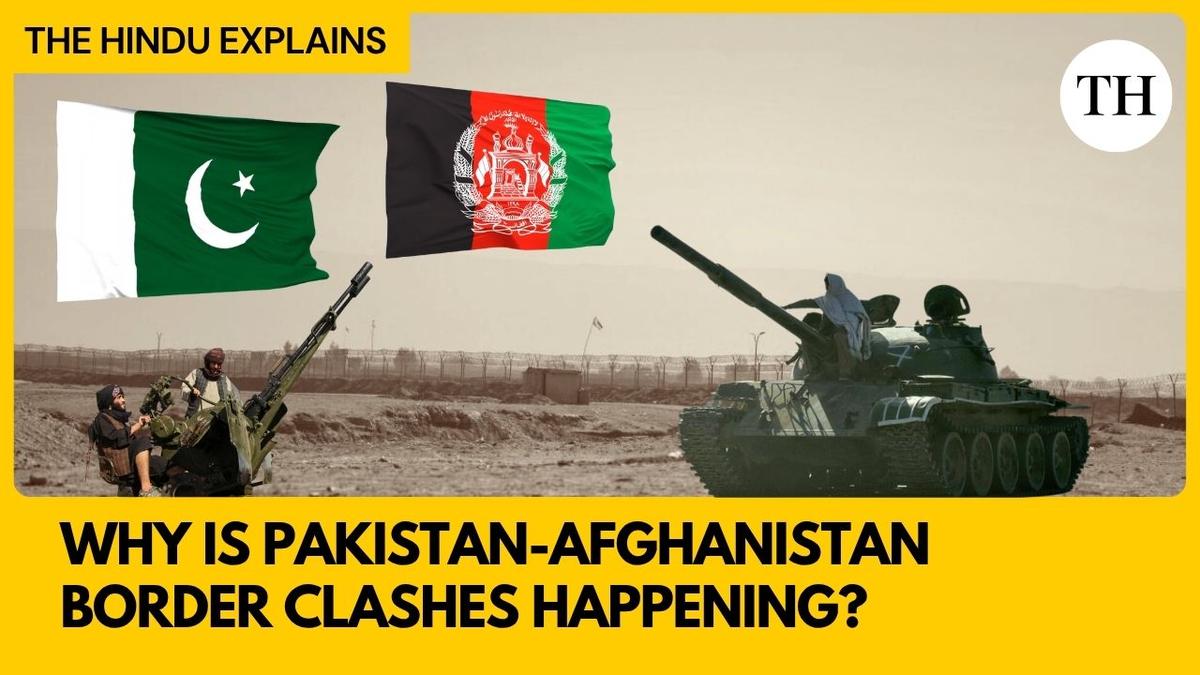Border Tensions Escalate: Understanding the Pakistan-Afghanistan Border Conflict
In a dramatic escalation of long-standing regional tensions, the border between Pakistan and Afghanistan has become a flashpoint of increasing diplomatic and military confrontation. Recent developments have highlighted the complex geopolitical challenges facing both nations, with potential far-reaching consequences for regional stability.
Key Conflict Dynamics
The current conflict centers on the disputed Durand Line, a 2,640-kilometer border drawn by British colonial administrators in 1893, which continues to be a source of significant tension between Pakistan and Afghanistan. Recent military exchanges and cross-border incidents have dramatically increased the risk of broader regional instability.
Critical Factors Driving the Conflict:
-
Historical territorial disputes
-
Ongoing terrorist infiltration concerns
-
Complex ethnic and tribal relationships
-
Divergent national security perspectives
Expert Insights
“This is more than just a border dispute,” says Dr. Rashid Ahmed, international relations expert. “It’s a complex interplay of historical, political, and security challenges that have deep roots in the region’s complicated history.”
Impact on Local Communities
The ongoing tensions have severe humanitarian implications, with border communities experiencing:
-
Increased military presence
-
Disrupted economic activities
-
Heightened security risks
-
Potential displacement of local populations
International Response
The international community has expressed growing concern, with diplomatic channels working to de-escalate tensions and prevent potential military confrontations.
Statistical Breakdown:
-
Border Length: 2,640 kilometers
-
Affected Population: Approximately 1.5 million people
-
Military Deployments: Significant troop concentrations on both sides
Looking Ahead
Experts suggest that sustainable resolution will require:
-
Diplomatic dialogue
-
Mutual security guarantees
-
Economic cooperation
-
Respect for territorial integrity
Conclusion
The Pakistan-Afghanistan border conflict represents a critical challenge that demands nuanced diplomatic engagement and a commitment to peaceful resolution. As tensions continue, the international community watches closely, hoping for a peaceful and constructive approach to addressing these long-standing challenges.
- Sponsored: Looking for the best CCTV camera in Pakistan? Shop Lowest price Wifi cameras, IP cameras, Wireless cameras, Long range 4G Solar security cameras Indoor Outdoor Bulb camera 4G Camera and Multi Lans cameras and other electronics for home and business at unbeatable prices. MyGSS.pk offers a wide selection of quality brands like VStarcam, IMOU, Dahua, Ezviz, Tenda, V380, Hikvision, electric bikes and lithium batteries and TP-Link and also the official distributor of VStarcam brand.” COD is available in Lahore, Karachi, Islamabad, Rawalpindi, Pashiwer, Multan, Quetta, & over 300+ cities and towns in Pakistan, And offers CCTV camera Installation guide on website


